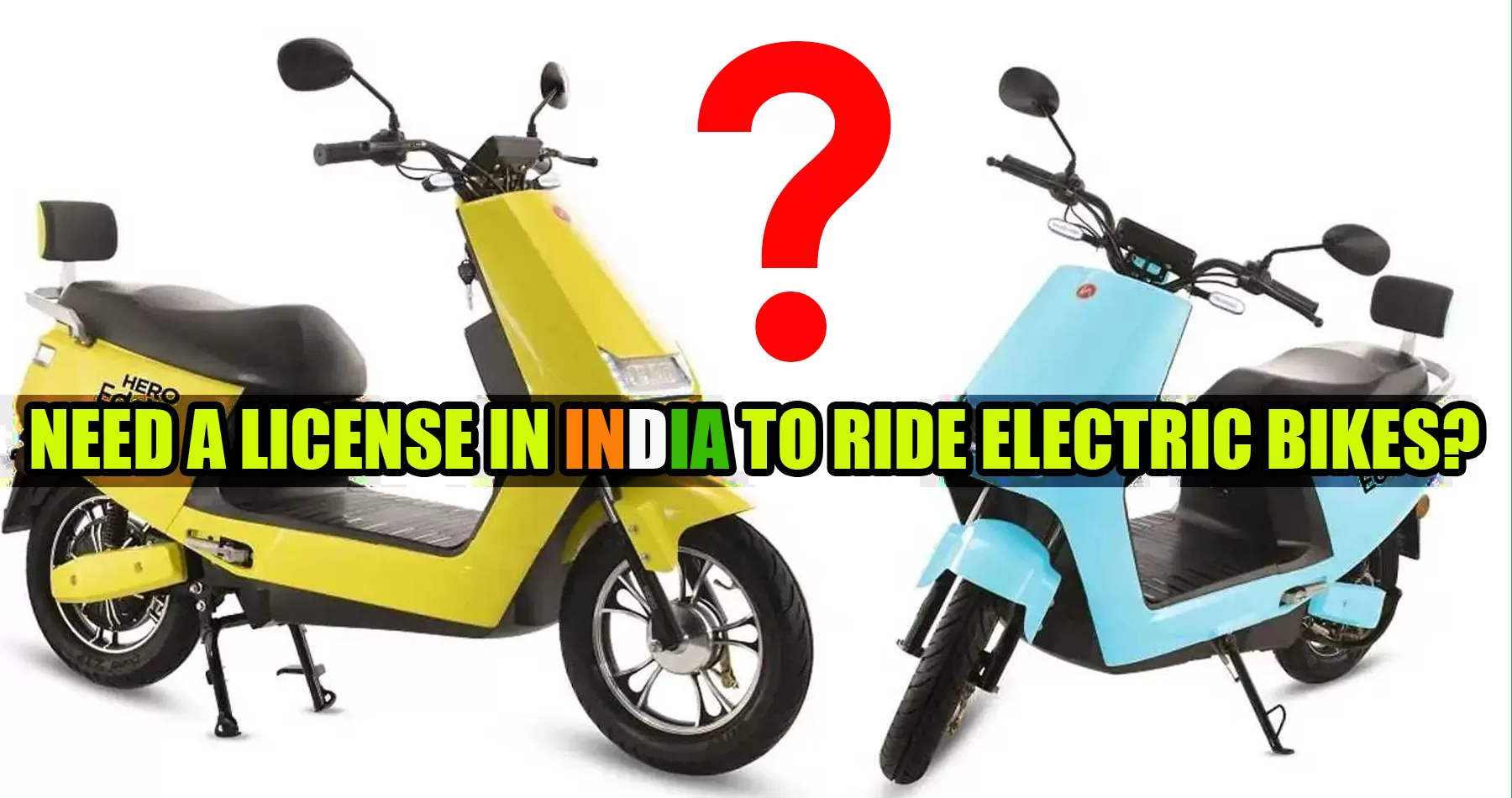Electric bikes, also known as e-bikes, have grown in popularity in India as a green and convenient mode of transportation. They combine the benefits of traditional bicycles with electric assistance, making them an appealing choice for daily commuting and leisure rides. In India, however, there are specific regulations governing whether electric bikes require a license. In this article, we’ll go over these rules in depth to determine whether you need a license to ride an electric bike in India.
Does an Electric bike need a license in India? What rule Say?
Power and Speed Limits
The requirement for a license to operate an electric bike in India is primarily determined by two factors: the power of the motor and the bike’s top speed.
Motor Power: If the electric bike is equipped with a motor that generates more than 250 watts of power, it falls under the category of vehicles that require a license to operate.
Top Speed: Additionally, if the electric bike can achieve a top speed of more than 25 kilometers per hour (kmph), then you would also need a driving license to legally ride it on Indian roads.
License Requirement for High-Power E-Bikes
A license is required for electric bikes that meet the above criteria. This means that if you own an e-bike with a motor that exceeds 250 watts or is capable of speeds greater than 25 kmph, you must have a valid driver’s license in order to ride it legally.
Registration Requirement
In addition to the license, high-power and high-speed electric bikes must be registered with the local Regional Transport Office (RTO). This registration process requires the submission of required documentation, such as proof of identity and address, as well as the vehicle’s specifications and details. The motorcycle will be given a unique registration number as well as a registration certificate.
No License for Low-Power E-Bikes
It’s worth noting that low-power electric bikes, with motors under 250 watts and top speeds under 25 kmph, do not require a driver’s license. These e-bikes are frequently classified as non-motorized vehicles and are treated in the same way that traditional bicycles are. Even for these low-power e-bikes, it’s a good idea to check with local authorities to see if there are any specific regulations in your area.
Safety and Compliance
Whether or not a license is required, it is critical to prioritize safety when riding an electric bike. Wear a helmet, obey traffic laws, and drive within the speed limit to ensure your safety and the safety of others on the road. Furthermore, following local regulations and having the necessary documentation, such as a license and registration, will help you avoid legal problems.
Conclusion
Electric bikes with motors generating more than 250 watts and capable of speeds exceeding 25 kmph in India require a driving license to operate legally. Furthermore, these high-powered e-bikes must be registered with the local RTO. Low-power e-bikes that fall below these thresholds, on the other hand, usually do not require a license. It is critical to be aware of and follow the specific regulations in your region to ensure compliance and safe riding.
